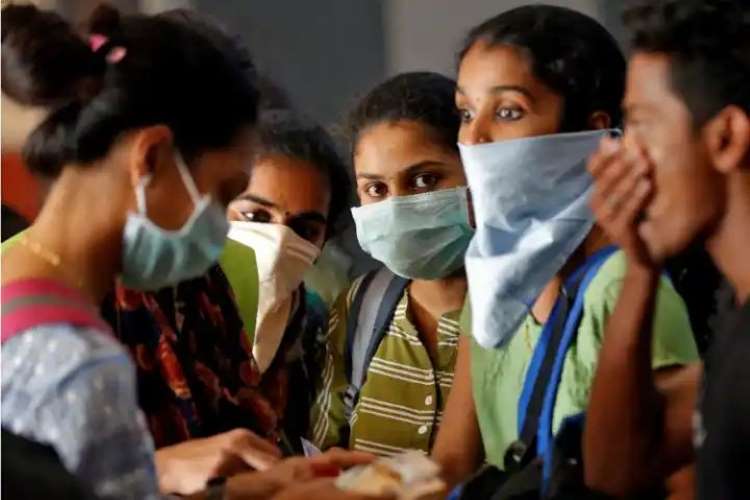In May 2023, the World Health Organisation announced that coronavirus was no longer a public health emergency. However, cases are rising again in India where a surge in COVID-19 cases is being observed. Experts suggest that the immunity provided by vaccines is diminishing. Kerala accounts for 61% of all cases in India with 194 active cases.
The winter season may see an increase in coronavirus cases, which may also be linked to the recent pneumonia outbreak in China. India recently reported 88 new cases and 396 active cases, according to the latest data from the Union health ministry. A gradual increase has been noted since September, with cases rising by 2% in September and 2.22% in October, compared with August numbers. In November, 7.09% of the 141 tests conducted at Rajagiri Hospital in Kochi were positive for COVID-19.
READ | Digital rupee: A paradigm shift in the evolution of money
India must step up vigil against COVID-19 variants
The emergence of the Omicron BA.2.86 variant and its subvariants, including JN.1, is worrying. WHO currently assesses the global public health risk of BA.2.86 as low, based on limited evidence. However, medical experts warn against underestimating the variant, particularly JN.1, which is known to evade vaccine-induced immunity. Virologists note that while virus strains are mutating and Omicron subvariants are prevalent, severe illness remains unlikely.
To date, coronavirus cases have been mild, with no reported fatalities. The virus has not led to clusters of seriously ill patients. The medical community is not surprised by the virus’s return, as no unusual patterns have been reported yet. Coronavirus cycles are not strictly seasonal, necessitating regular monitoring to prevent outbreaks. Currently, testing outside academic centres and surveillance facilities is limited. The Kerala government is vigilantly monitoring the situation. In light of the second wave’s impact, the central and state governments are expected to exercise utmost caution.
Although COVID-19 is not presenting as a severe disease, authorities need to assess how quickly vaccine-induced immunity is waning and its potential impact on the population. Many have not received booster shots. While there is no immediate cause for panic, research into future trends is necessary.
Despite the reduced concern about COVID-19 by international organisations, there is a global increase in influenza and dengue cases. China, experiencing its first full winter since easing COVID-19 restrictions, has seen a rise in respiratory illnesses but no reported fatalities. However, pneumonia remains a significant risk, particularly for young children and the elderly.
In response to the increase in pneumonia cases in China, governments are advised to strengthen public health and hospital readiness. The Maharashtra government has issued advisories to hospitals in anticipation of potential pneumonia clusters. Measures like mandatory quarantine and enhanced medical resources are recommended.
The government faced criticism for its handling of the second wave of the pandemic, highlighting gaps in public health infrastructure. Learning from past experiences, authorities are now more prepared and cautious, emphasising the need for continued research and vigilant monitoring to avoid repeating past mistakes during the pandemic.
Importance of continued vaccination
The waning of vaccine-induced immunity highlights the importance of continued vaccination and booster shots. Studies have demonstrated that booster doses significantly enhance antibody levels and strengthen protection against severe disease, hospitalisation, and death. Therefore, it is essential to encourage individuals to stay up-to-date with their vaccinations and receive booster shots as recommended by public health authorities.
Effective communication from public health authorities is paramount in fostering public trust and ensuring adherence to preventive measures. While there is no immediate cause for alarm, the authorities should maintain transparency regarding the evolving situation and clearly communicate the potential risks associated with a potential outbreak. This includes providing regular updates on case numbers, variant circulation, and the effectiveness of existing vaccines.
The ongoing pandemic underscores the importance of continued vigilance and preparedness. While the current situation may not warrant immediate panic, it is crucial to maintain a proactive approach to prevent future outbreaks. This includes continued research into virus evolution, vaccine efficacy, and treatment options. Public health authorities should remain vigilant in monitoring the situation, communicating effectively with the public, and implementing targeted measures when necessary. By adopting a cautious and proactive approach, we can mitigate the risk of severe illness and safeguard public health.

